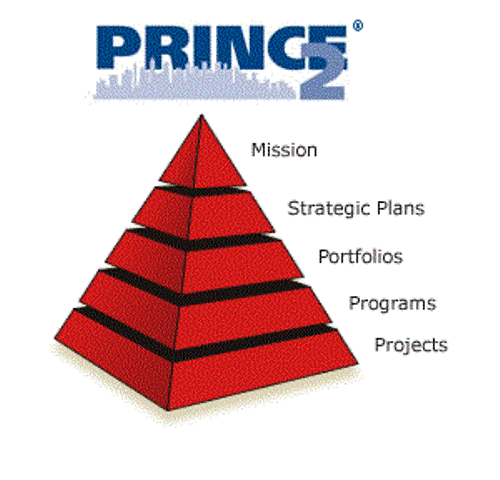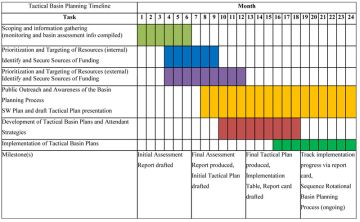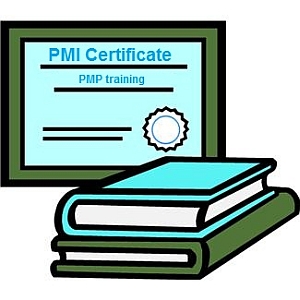Agile Team Roles and How They Interact in Software Development Projects
Agile dev teams can be large or small and it really depends on the project. These teams can all be established in-house or outsourced offshore. Agile is all about building and maintaining flat ecosystems during software development and it has been proven to work time and again.
The agile philosophy is at the root of the failure of traditional software development and Six Sigma project management paradigms. Today, the values and principles followed by agile dev teams place an emphasis on collaboration, communication, self-organization, and flexibility to build functioning software to adapt to emerging businesses
Unlike traditional project teams, agile teams do not have a traditional project manager (especially in the Scrum). The responsibilities and roles in the group are equally distributed in flat ecosystem. The distinctive roles that you’ll see in all agile teams are as follows:
- Scrum master
- Product owner
- Team members
The scrum philosophy is based on the empirical inspection and adaptation to feedback loops to cope with the risk and the complications that arise during software development. Decisions are made from concrete results and not speculation. Further, time is essentially divided into short work pulses (aka sprints) and these can last as long as a week or two. After continuous testing and integration, the agile dev team will meet at the end of each sprint to verify the status of a project.

Scrum Roles
Scrum is based on a simple set of responsibilities, roles, and meetings that will remain unchanged. The idea behind this philosophy is to eliminate unnecessary unpredictability to manage what goes hand in hand with necessary unpredictability in learning and discovery.
Scrum Master
Every now and again you’ll see groups incorporating a traditional project manager. These individuals have to adapt this role to meet the requirements of a scrum master or that of a product owner. If the project manager fails to adapt their existing role, their position in an agile team would be irrelevant.
Although it appears like the role of a project manager is obsolete, the role of the scrum master is quite similar to that of a project manager. All it requires is a difference in perception of the team’s dynamic. Although the role of a scrum master is often seen as the opposite of a project manager, this perception is the result of polarization and not actual facts (command and control vs. servant leader).
The role of the scrum master is viewed as a “servant leader” and this is at the root of this problem. Any type of commanding leadership will just not work in an agile ecosystem, but this can be said to be the same for any project manager in a tech environment.
It’s true that the scrum master and project manager are very different roles, but these can be easily merged together. These individuals can easily become a scrum master in agile teams and can oversee the following:
- Financial projections
- Status reports
- Project scope planning
- Govern a project
- Identify missing roles
- Engage in business stakeholder and risk communication.
Product Owner
The product owner is essentially the vision and authority behind the development. The product owner has to not only be continuously available, but also has to ensure that the vision is continuously communicated with the rest of the team. As agile teams are self-organized and flat, product owners never micro manage the agile team.
Team Members
The development team will be highly self-managing and self-organizing. Agile teams are often comprised of three to nine members and they are usually sheltered from external distractions. The typical agile team will have members who are analysists, architects, programmers, testers, and UI designers.
There can also be more than one agile team working on a single software development project. Each team will operate autonomously and they will be responsible for meeting the goals set by the team during each sprint. On these occasions, it’s a good idea to have just one product owner for various agile teams.
Personality Traits Needed in Agile Teams
According to a study conducted by Goethe University, agile team members need to display the following personality traits:
- Altruism
- Compliance
- Dutifulness
- Tender-mindedness
- Openness
Further, the study also found that scrum master needs to have the following qualities in a successful agile team:
- Assertiveness
- Dutifulness
- Strive for stability and success
- Tender-mindedness
This is in contrast to the traits that are required by the individual performing the role of a product owner:
- Assertiveness
- Compliance
- Modesty
- Order
- Straightforwardness
Have you worked in an agile team? Please share your thoughts and your experience with us!














